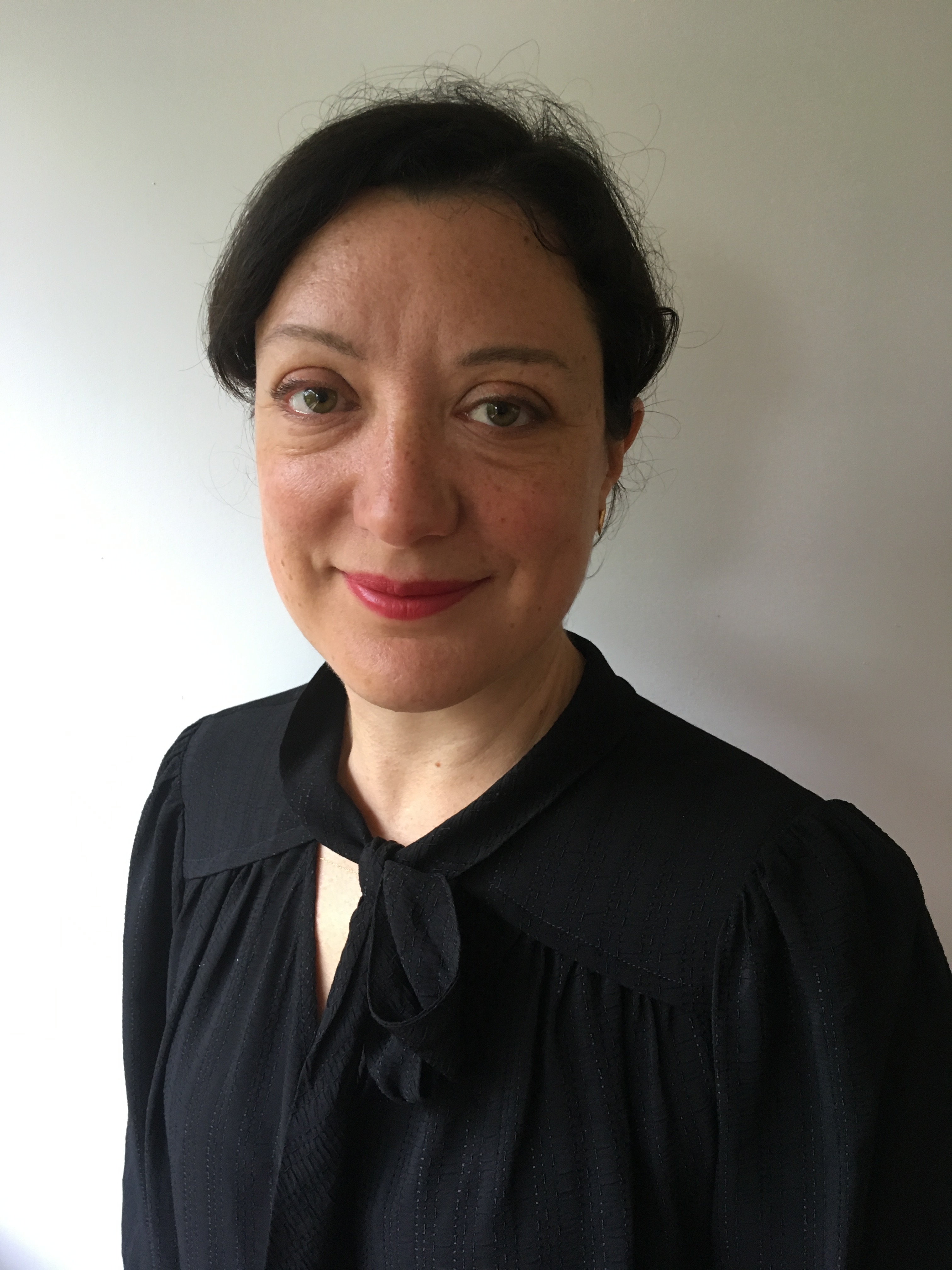Strategising your career

This year’s Women in Project Management conference in London gave delegates the chance to step away from their everyday project work to focus on their careers — and put their project skills to work on themselves. In a session called ‘Strategising Your Career’ — hosted by Adeshola Cole, CEO of Tritek Consulting — Ewelina Kruk, Transformation Director at Instant Group; Bel French, Project Manager at Gleeds; and Dr Anne McCann, Programme Director for the Civil Service’s Whitehall Campus, shared their tips and hard-won lessons.
A no-brainer
Bel French, who is currently the youngest person to achieved APM Chartered status told the audience that “why you should strategise your career is a no-brainer, even though ‘strategising’ can come across as being scheming or sneaky.” Project managers write strategies as part of their work, so “we are missing out as a profession by not giving our career the same attention,” she argued.
Follow a project execution plan
French explained that a good way to strategise your career is by applying a project execution plan to it. First, consider your background — what you have done? What are your strengths and weaknesses? “If you understand this, it will guide you through your career strategy,” she said. Second, work out what your planned outcomes will be. What is your five-year plan? Third, decide what your KPIs are. “Build your success story and how to get there,” she advised. Finally, create a schedule. French shared that she had created a timeline for when she wanted to achieve Chartered status, with deadlines along the way. “I’ve been able to achieve a lot more because of it,” she said.
It's all about the N’s and P’s
Dr Anne McCann’s top tips centred on her three N’s and three P’s. First, always network. “Keep making friends — you will benefit from their different perspectives and experiences,” she told the audience. The second ‘n’ was for new ideas. “Keep learning, challenging yourself and questioning things. It keeps you fresh,” she said. The third ‘n’ stood for nourish and nurture, which means taking the time and making the space to look after yourself.
The three P’s meanwhile included politics. “Be aware of ‘small’ politics and ‘big’ politics. Know your stakeholder base,” she advised. The second ‘p’ is for perseverance and patience. “With every setback, I’ve learnt something from it. Setbacks are the reality of delivering complex programmes — and you need to be patient too!” McCann said. The last ‘p’ is for having pride in what you do, and to remember that it’s people who deliver projects. “You have to harness your people,” she said.
How to deal with fear of failure
The first question from the audience was how to deal with your fear of failure. “Sometimes you’ve just got to take the pressure off yourself a little bit. It’s about your attitude towards failure, about what you learn from it,” said French. Ewelina Kruk asked the audience to really listen to their own thoughts and to choose to be courageous. “Our minds cannot distinguish between fear and fact,” she said. McCann said that when faced with failure, she turns to her network and asks them what they think. Her other piece of advice? “To just go for it. What’s the worst that can happen?” Cole added that we should “Use failure as a catalyst to come back bigger, better and stronger.”
Salaries and promotions
When it comes to winning a higher salary and promotions, Cole recommended you understand what your USP is. Kruk, meanwhile, advises talking to your manager about your next step, even if you’re early on in your current role. “Talk about your dreams with your boss,” she said. If you’re asking for a promotion, then always have the evidence to justify why you want it — what have you done to back it up? McCann argues that, “Confidence is key. Apply for a promotion and go for it, and even if you don’t get it, you’re letting other people know that you want it.
Key takeaways
French advised taking opportunities that “are worth your time”, and recommended a book called Nice Girls Don’t Get the Corner Office, by Lois Frankel. She said it’s important to prioritise which extra tasks you take on, and ask yourself whether it will add value to your career? Kruk told the audience to, “Take the time to dream and then figure out how to make it happen.” And remember that you can strategise your career from the bottom up or vice versa. Finally, McCann said, “Be bold, be brave, be beautiful… Don’t have regrets, life’s too short.”
You may also be interested in:


0 comments
Log in to post a comment, or create an account if you don't have one already.